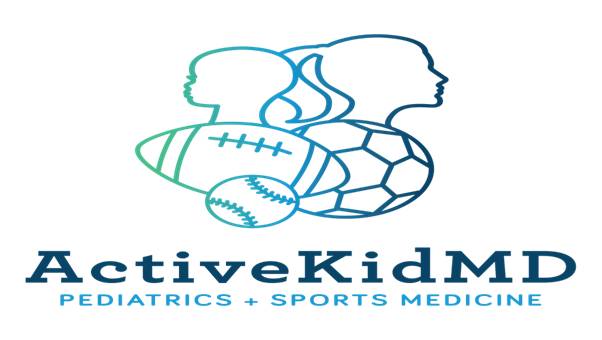Reducing Injury: Focus on Exam Schedule as Much as Game Schedule?
The following blog post was originally written for a collegiate audience for ConcussionConnection.com, but the theme of exam stress increasing injury risk applies to all student-athletes. Please read through to the end for some additional thoughts on the link between academic burdens and injuries.
While most collegiate athletes and coaches dissect game schedules as a matter of habit, taking time to analyze exam schedules could pay off in reduced injury and illness risk.
This news is probably not too surprising for many collegiate athletes who would readily acknowledge that any time of increased stress lead to a higher risk of injury.
Physical stress burdens are more readily acknowledged in pre-season training periods, often noted for two-a-day practices and passionate efforts to make the team or earn a starting position.
Often once taxing practices come to an end, many will take a collective deep breath and figure "the worst is behind me". While reading, writing papers, and taking exams is no walk in the park, those academic efforts seemingly should be less of a burden than heavier practice loads.
Well, perhaps those mental stressors present a fairly similar, if not higher risk to their physical counterparts.
Thanks to some inquisitive work at the University of Missouri, collegiate football players were 3.19 times more likely to have an injury restriction during weeks when they had high academic stress, such as midterms or finals, than during weeks where they had low academic stress. This increased injury risk during periods of academic stress was more noted in starting players, and the overall risk of academic stress was actually a bit higher than the injury restriction risk from physical stress during training camp (2.84 times higher risk compared to a low academic stress week).
These findings are from college football, where pre-season practice sessions take place before the academic year begins. Imagine the results for a winter sport like basketball or wrestling, where more intense pre-season sessions take place during the fall term academic sessions. Can anticipate a higher overall burden of physical and mental stress if mid-term exams (and papers) are due during heavier audition or training periods.
While it is virtually impossible to eliminate academic stressors or completely re-align practice or game schedules to better account for mid-term and final exam periods, some creative suggestions could attempt to reduce the cumulative physical and mental burden for collegiate athletes:
- Making reduction in overall practice times, reducing more demanding conditioning sessions, and focusing on maintenance of previous learned skills/techniques while holding off on introduction of new items could be rewarding. This might have to be done on an athlete-by-athlete basis depending on particular academic schedule demands. While this might appear to place a onerous burden on coaching and training staffs, it is in line with the growing fascination with "big data" and more individualized training and recovery programs.
- For athletes who are experiencing higher levels of physical or mental unease even before exam periods, recommend earlier intervention with mental health specialists and medical staff. As the study authors recommend, coaches should watch the attitudes of their athletes. If attitudes head south, be alert and ask for exam concerns among other stresses.
- Take advantage of flexibility afforded by on-line learning or open exam periods to schedule exams or assignments to be due during possible bye weeks, weeks without travel, or a week with limited or reduced competition.
- Work with winter or spring sport teams to give plenty of advance notice for audition or heavier practice periods to allow any possible rescheduling of mid-term exams.
I have also seen a relationship between academic stress leading to both new injury risk or more often prolonged healing times after injury especially in middle school and older patients.
When patients and families ask about adding new activities to their schedule, or how to pace a return to play after an injury, I will routinely ask about school demands (exams, papers, projects). Periods of heavier academic load are probably not the best time for increased or new training. Especially in cases of a concussion, I will often recommend waiting until academic demands are completed before allowing further return to high-risk sporting activity.

